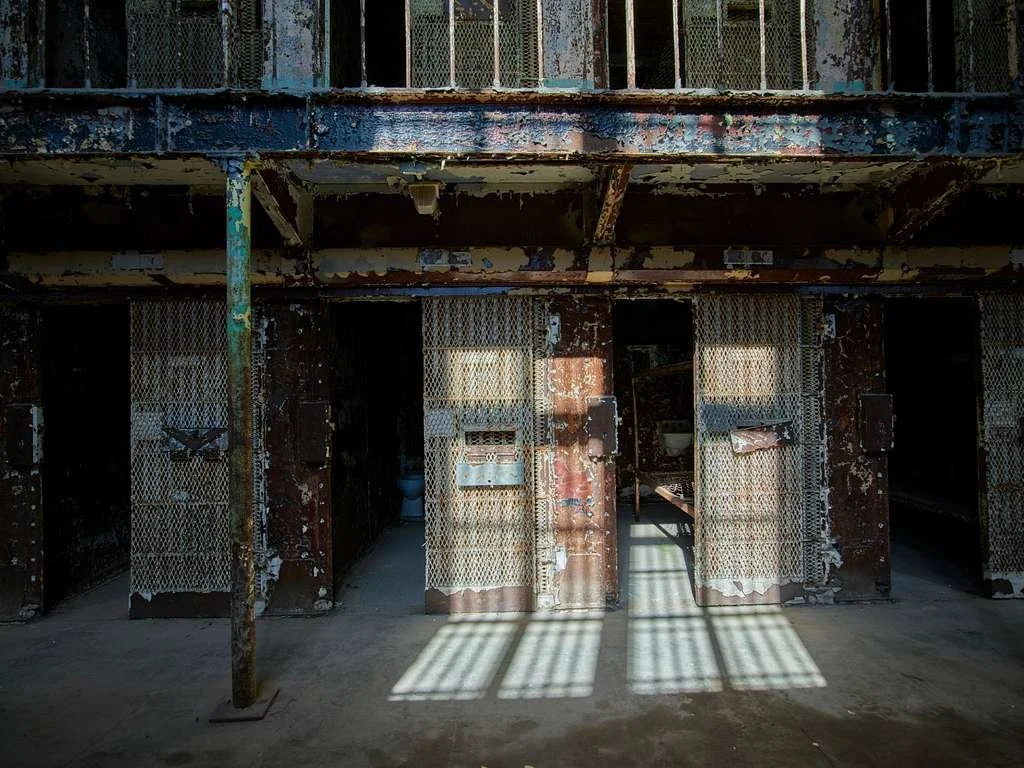Mass incarceration myth misleads California activists
In California and Silicon Valley, local leaders and activists in cities like Oakland push a deceptive decarceration narrative that downplays public safety concerns and puts residents in danger. The book Mass Incarceration Nation by Jeffrey Bellin perpetuates the false notion that America over-incarcerates, but Zack Smith at the Heritage Foundation explains how the book's thesis is flawed and how it ignores the roots and impacts of crime.
Jeffrey Bellin’s new book is based on a myth. He believes—wrongly—that the United States is addicted to putting people in prison who don’t need to be there—hence the title of his book, Mass Incarceration Nation. Despite his best efforts to portray his book as a nuanced account of the current state of the U.S. criminal justice system and its supposed ills, it’s actually an ideologically driven tome with a pre-determined conclusion: the states and the federal government lock up too many people.
…
A little less than halfway through the book, Bellin makes an accurate admission that undercuts his central thesis. He acknowledges that “[m]ost crimes are not reported, most reported crimes aren’t solved, and most solved crimes don’t result in incarceration.” Based on this information, a more accurate title for his book would be Underincarceration Nation.
But Bellin doesn’t draw this inference. Instead, Bellin clings to his wrong-headed belief that too many people are locked up in the United States. And to him, success in pushing back against this supposed problem means “a return to the incarceration levels that preceded Mass Incarceration”—that is, a return to the incarceration levels of the 1970s.
…
One group of individuals that receives scant attention from Bellin in his book is crime victims. In fact, he argues for some policies that would affirmatively harm victims of crime (aside from failing to deter and punish crime by not prosecuting and incarcerating the perpetrators of crime). He says that each incarcerated individual “has an important story to tell” and that “what is of primary importance to researchers, government officials, citizens, and presidents is the large number of these stories.” But what about victims? Don’t their stories matter too? Apparently not, because Bellin blames the focus on victims and their rights as one cause of mass incarceration. He advocates for policies that would make it difficult for victims to navigate the criminal justice system or that would outright deceive them as they attempt to do so.
…
Ask anyone on the street the following simple question: Should someone who commits premeditated first-degree murder be sent to prison? Almost to a man or woman, each person asked will say, “Yes, of course!” You will get the same answer if you ask them what should happen to rapists, robbers, and recidivists. People convicted of these crimes are the individuals who today overwhelmingly fill state and federal prisons in the United States. Yet these are the very individuals Bellin would release from prison to achieve his decarceration goals. Maybe that’s the point. He seems to say that the public shouldn’t have a say in how we punish certain crimes. But that can’t be the way a democratic society operates. It certainly seems obvious that where there is crime, there must also be punishment. If not, more crime and more victims will be the inevitable result.
Read the whole thing here.
Follow Opportunity Now on 𝕏 @svopportunity.
We prize letters from our thoughtful readers. Typed on a Smith Corona. Written in longhand on fine stationery. Scribbled on a napkin. Hey, even composed on email. Feel free to send your comments to us at opportunitynowsv@gmail.com or (snail mail) 1590 Calaveras Ave., SJ, CA 95126. Remember to be thoughtful and polite. We will post letters on an irregular basis on the main Opp Now site.

